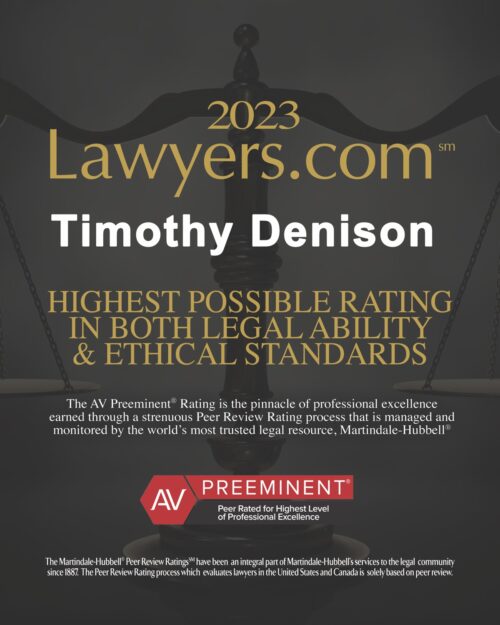When to Say No to a Police Search
Episode 11: Louisville criminal defense attorney Tim Denison addresses search and seizure topics. He’ll explain when to say no to police search and why. You have rights under the US Constitution. They’re worth defending.
Always refuse searches
Search and seizure laws are an important part of the justice system. They protect citizens from unreasonable searches and seizures by the government. However, it is important to understand what these laws mean and when to exercise your right to refuse a search.
The Fourth Amendment of the United States Constitution states that citizens have the right to be free from unreasonable searches and seizures. This means that the government must have a warrant or probable cause to search an individual. A warrant can only be issued if there is evidence that a crime has been committed. Probable cause is a reasonable belief that a crime has been committed or is about to be committed.

There’s No Such Thing as a Random Traffic Stop
In the case of a traffic stop, police officers must have a reasonable and articulable suspicion that criminal activity is afoot and that the individual they are stopping is involved in it. This means that a police officer cannot simply pull someone over for no reason. An example of a reasonable and articulable suspicion is if an officer smells marijuana upon engaging the driver.
It is important to remember that you always have the right to refuse a warrantless search. While it may be tempting to comply with the police officer in order to keep the situation calm, it is important to remember that you have the right to say no. A police officer cannot search your car or your home without a warrant or probable cause. However, if you give them permission they can proceed. As an experience criminal trial lawyer, I have many stories of when giving them permission turned out to be a bad idea.
Don’t give permission to search
If the police ask for permission to search your car or home, you should politely decline and tell them that you would like to speak to a lawyer first. If they have a warrant, they will show it to you. If they do not have a warrant, they typically cannot search your car or home.
Even if you have nothing to hide, you should never give the police permission to search your car or home. If you do, you may be giving them access to something that could be used against you in a court of law. Additionally, if the police find something in plain sight that could be incriminating, they can seize it.
Know your rights
The police are there to protect and serve. Knowing your rights can help protect you from being taken advantage of by the police. The first thing to know is that you have the right to remain silent. This means that you do not have to answer any questions the police may ask you.
Call a Criminal Defense Lawyer
You have the right to an attorney. If you are ever arrested, you should immediately call a criminal defense lawyer. A lawyer can help protect your rights and ensure that you are treated fairly. Additionally, they can help you understand the legal process and represent you in court.
Finally, after 30+ years of practicing criminal defense law, I can tell you it’s important to remember the police are not always right. If you feel that your rights are being violated, it is important to speak up and stand up for yourself. You should always be polite and respectful, but you should also make sure that your rights are being respected.
Knowing your rights is an important part of protecting yourself. Remember that you have the right to remain silent, the right to refuse a search and the right to an attorney. If you ever find yourself in a situation where you feel your rights are being violated, it is important to speak up and stand up for yourself. Better yet, let your criminal defense attorney do it for you.
Need to Contact an Experienced Criminal Defense Attorney?
Tim’s office phone number is (502) 589-6916. You can learn more via TimDenisonLaw.com. Tim’s principal office is located at: 235 South 5th St., Third Floor, Louisville, KY 40202.
The information from this podcast is for informational purposes only and does not establish an attorney-client relationship. Co-host Jim Ray is a non-attorney spokesperson. This is an attorney advertisement.















